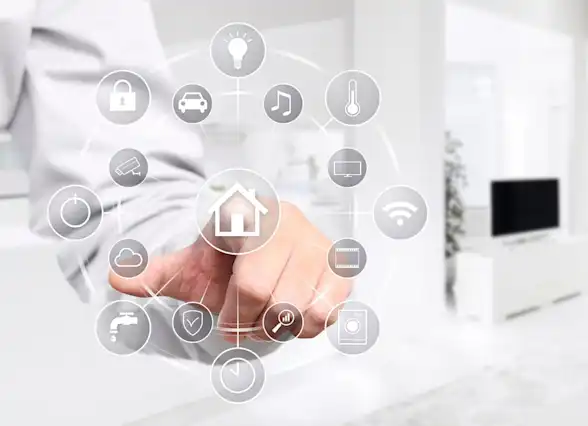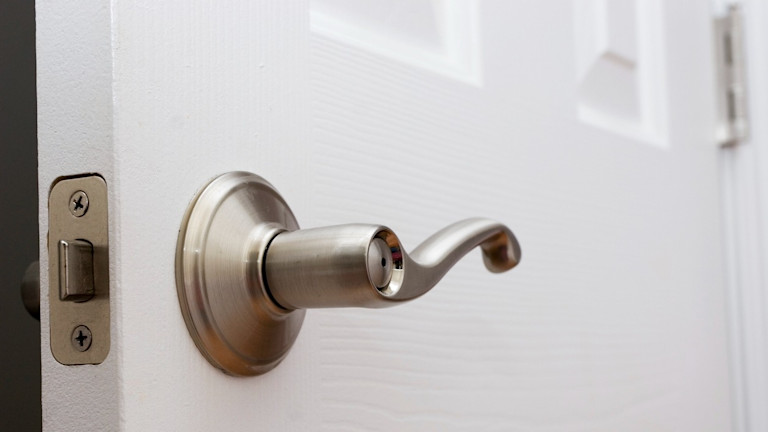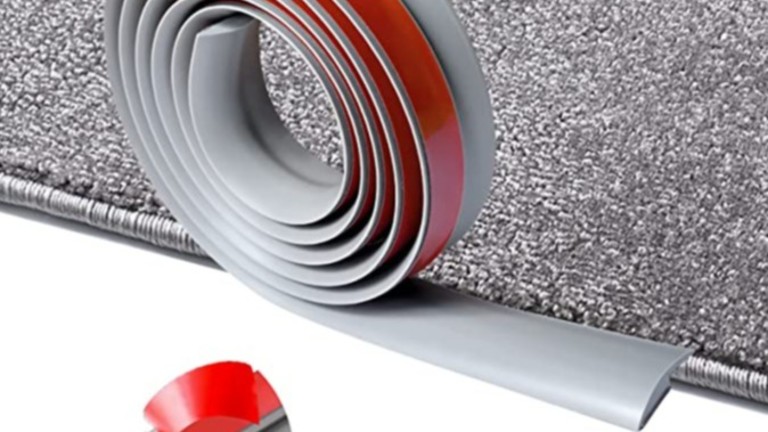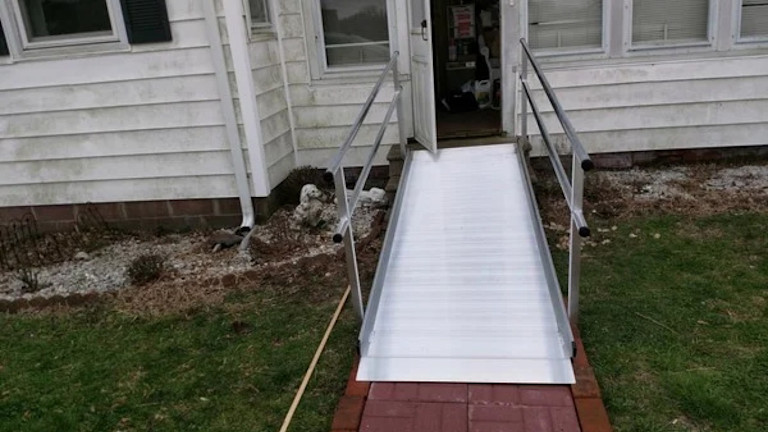Caregiving Challenges, How Seniors Live Alone Safely
Your loved one lives alone and you have concerns about their safety. You worry about how they manage and wonder how best to help.
Get insurance benefits, legal documents, and medical records in one place

Helpful Highlights
The considerations for an older adult living independently at home are many, but center on:
safety
preventing falls
nutrition and hydration
socialization
means of communication
Many older adults want to stay in their homes and age in place. But you may have concerns about their safety or ability to maintain daily activities.
Remaining home, especially alone, takes planning. Accepting a few lifestyle changes and home modifications could create a safer home environment and help your loved one continue to live there independently. Focus areas are bathroom safety, nighttime safety, preventing falls, good nutrition, socialization, and immediate communication of issues.
Safety
A video doorbell can help your loved one see who is at the door before opening it.
Motion lights outside can deter trespassers and reassure your loved one when it's merely animals passing by.
Dusk-to-dawn lights outside also help deter trespassers and animals, as well as illuminate areas for your loved one if they're out in the evening (returning home, setting out the trash, getting the mail, etc.).
Replace handles on doors and faucets that are comfortable and easy to use. People with arthritis or weak grip have a difficult time holding and turning round knobs. Use lever-style handles.
Also, consider changing dual knob faucets (hot and cold) to a single lever-style faucet (one control for both).


Preventing Falls
Avoid using small rugs. Small area rugs have a tendency to slide, even with a non-skid backing, and an increased tendency to wrinkle, curl, and fray. (Beware of large area rugs doing the same.)
Also avoid area rugs with no backing, tasseled edges, or significantly elevated edges (such as coil rugs and braided rugs).
Use shower mats (inside tub/shower) and bath mats (outside tub/shower) that are in good condition. Make sure shower mats have strong suction, and bath mats have non-skid backing. After bathing, remove the rug to avoid it being a trip hazard. Replace mats that are torn or have worn-out suction or backing.
Make sure carpeting is fixed to the floor and there are no edges to trip on. If edges are worn and frayed, lifting, or rolling, remove or replace the carpeting. If unable to remove or replace the carpeting, use transition tape along those edges to lock them down.

Carpeting with bubbles or wrinkles can also be a trip hazard. Be sure to smooth them out or remove or replace the carpeting.
Install grab bars near toilets, sinks, and in the tub or shower (see Grab Bars content).
Install higher toilets or raised toilet seats to assist transitions from from sitting to standing and vice-versa (see Raised Toilet Seats content).
Place no-slip strips or non-skid mats on tile or wood floors, or other surfaces that may get wet (decks and patios).
Place light switches at the top and bottom of stairs and at both ends of long hallways.
Place motion detection night lights along areas frequently traveled at night - from bedroom to bathroom, for example.
Install ramps with handrails to access home entrance/exit doors (avoiding stairs).

Nutrition
Many older adults who live alone will stop cooking, which can result in poor nutrition. Heating canned foods and frozen dinners is easy, but they are high in sugar or salt and low in nutrients essential for the older adult. Likewise with fast foods. You can do the following to help your loved one stay healthy:
Planning menus
Assisting with grocery lists and shopping
Prep such as chopping vegetables and measuring ingredients ahead of time
Preparing meals for storage
Maintaining a garden
Additional options include:
Plating meals you make for delivery to them
Arranging for community meal program participation (communal or delivered to their home)
Have nutritious “finger foods” available (precut veggies, fruits, cheeses, granola-type bars, single-serve yogurts, etc.)
Incorporate meal supplement shakes (supplement, not replacement), choosing those lowest in salt and sugar
Beware of prepackaged foods and deli foods, as they also tend to be high in salt or sugar. Focus on fresh fruits and vegetables, whole grains, and high fiber, though do encourage your loved one to treat themselves once in a while, as well!
Unless they are on a fluid restriction, encourage them to drink lots of water or other clear liquids to stay hydrated. Hydration in the aging adult is just as important as nutrition.
Socialization
Continuing socialization with family and friends is good for mental health. If your loved one no longer drives, has difficulty ambulating, or has other health issues, these tips may help.
Schedule outings to give your loved one something to look forward to.
Encourage visits with friends.
Arrange for neighbors to stop by, and check in.
Turn big tasks like yard work, gardening, washing windows, cleaning gutters, painting, and repairs into gatherings.
Help your loved one learn to use face chat/video call features and schedule them with family and friends a couple of times a week (especially multigenerational).
Encourage participation in online education, free webinars, or a book club.
Look for community offerings
Churches and lodges
Community centers and senior centers
Social day care and adult day health care
Public events like farmers' markets, or at parks and libraries
Use transportation as an opportunity for your loved one to connect with different people (doesn't always have to be you).
Consider hiring a home care agency to provide companion services.
Ability to communicate issues immediately
The communication technology available today is exceptional and the more you can employ with your loved one without frightening or confusing them, the better. Smart devices, smart wearables (like trackers and watches), personal emergency response systems (PERS), active home monitoring systems (voice, video), passive home monitoring systems (without voice, video), and remote patient monitoring (RPM) help you stay plugged in and help your loved one reach out quickly.
No content in this app, regardless of date, should ever be used as a substitute for direct medical advice from your doctor or other qualified clinician.
Get more support and guidance on insurance benefits, medical records and legal forms.
Helpful brings together your insurance benefits, legal documents, and medical records in one personalized place — so you always know what you have, and never have to search again.

Technology for Health Tasks. Mental Health for the Tough Stuff.
Helpful connects your medical records, insurance, and caregiving tasks automatically. And when you need more than logistics, a therapist is here to guide you.
In-Network and Covered
For Individuals, Couples and Families
HIPAA Compliant, Data Stays Private


Healthcare Tasks Simplified

From syncing records to spotting drug interactions, Helpful does the heavy lifting, turning complex health info into clear tasks and showing you benefits you can actually use, giving you clarity and control over your care.

In-Network Mental Health

Our licensed therapists are here to support you and your loved ones through stress, burnout, and life’s hardest moments, with an inclusive, compassionate approach that works with most insurance plans.

Create Legal Documents

Plan ahead by creating will, trusts, advance directives and more, that ensure your wishes are honored in the event you can’t speak for yourself -with Helpful guiding you every step of the way.